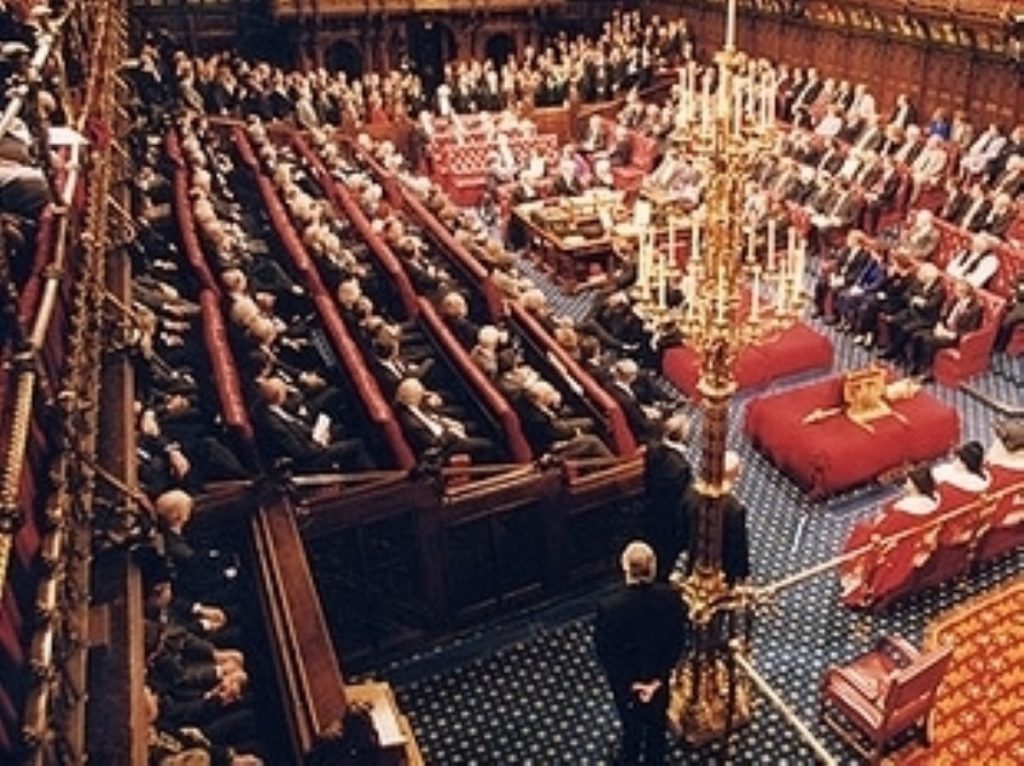Crossbenchers ‘will walk away’ from elected Lords
Not one of the Lords’ independent crossbenchers will stand for election if the Lords becomes wholly elected, one of their most prominent figures has predicted.
General the Lord David Ramsbotham, a former chief inspector of prisons whose campaigns have forced the government to make numerous changes to legislation, said he had argued with Nick Clegg over the issue.
The deputy prime minister had claimed that politicians would be prepared to stand for a revising chamber which is subordinate to the Commons, citing the European parliament as a result.
“I frankly don’t believe him,” Lord Ramsbotham told politics.co.uk. “If there was an elected House of Lords, none of us would stand. Not a single person.”
The government is preparing proposals for fundamental reform of the Lords, after the coalition agreement committed to bringing forward proposals “for a wholly or mainly elected upper chamber on the basis of proportional representation”.
Mr Clegg, who himself served as an MEP before entering the Commons, has argued that maintaining the primacy of the Commons will not deter individuals from standing for election in the Lords.
It is not yet clear whether the coalition will back a wholly-elected upper House. This would be bad news for the 180-plus independent crossbenchers who occupy the seats in the middle of the Lords chamber.
“They would lose all the independent element,” Lord Ramsbotham warned.
“We’ve come in here to do a job which we think we can contribute to and are happy to do so. But to be elected to come in and do all this? Sorry – the answer’s no.”
Lord Ramsbotham said he feared that the recent row over the parliamentary voting system and constituencies bill, which saw Labour peers attempt to filibuster the legislation to block the coalition’s referendum plans, was a “glimpse” of what the future holds for a politically dominated Lords.
He said MPs would have to give up some powers to the Lords if politicians are to be tempted to consider standing for election in the upper House.
“The Commons is the place where all the power is,” he said. “Therefore, the key question is: ‘what powers are the Commons going to surrender to the second chamber to make it something worth standing to election for?'”
The government’s committee preparing proposals for reform was supposed to put forward a draft motion by December 2010, according to the coalition government. It has not yet done so.





-01.png)